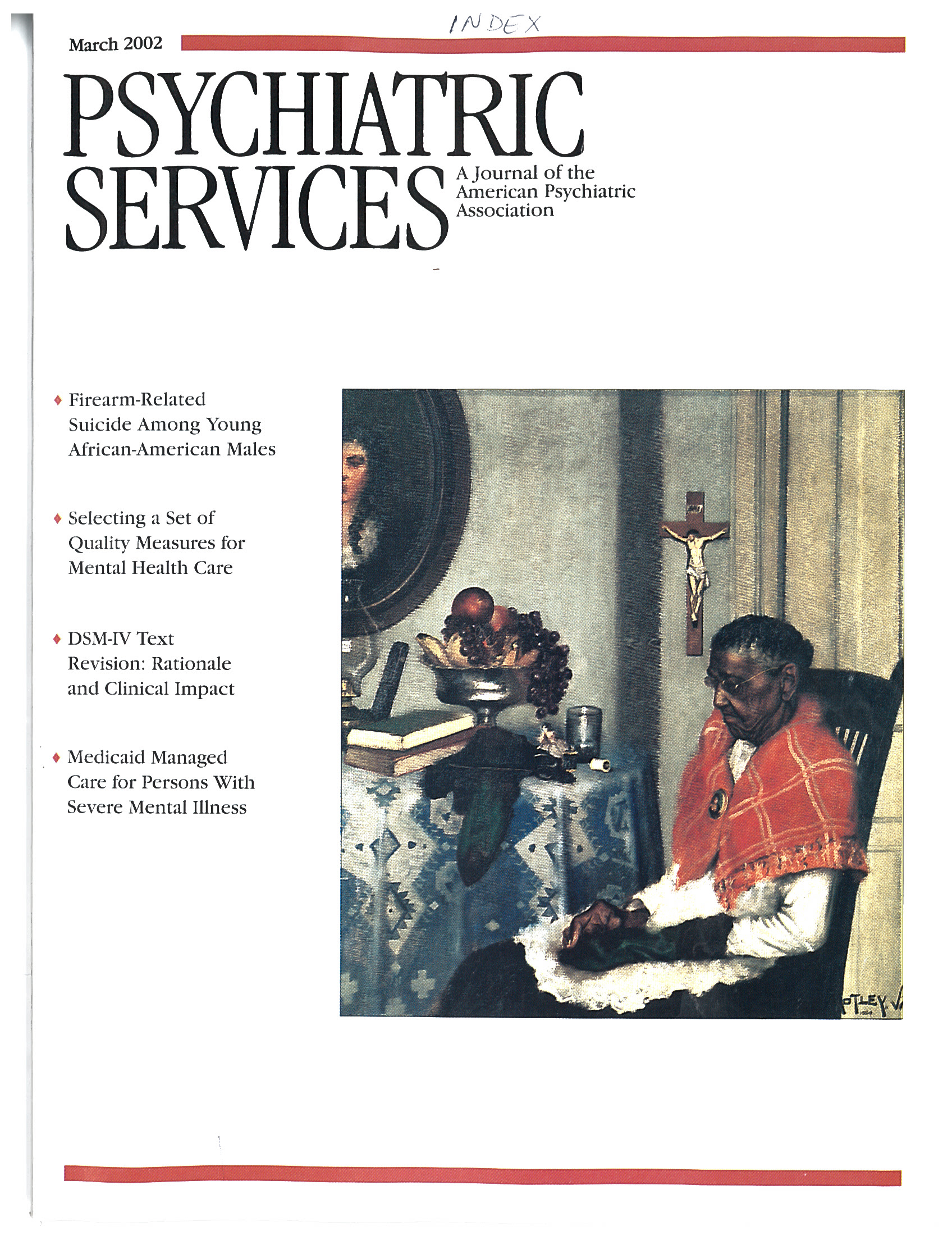Cure patients by listening to them talk about their problems? Unheard of. Insane. Absurd! But there was one man who tried this method. This man plunged into the unknown world of the unconscious mind, regardless of what others thought. He was none other than Sigmund Freud, a daring freethinker and a unique individual. His method of treatment, called psychoanalysis, was the beginning of modern-day psychiatry. In this book, Catherine Reef gives an in-depth story of the life of Freud as well as an overview of his theories and historical coverage of world events during his lifetime.
Reef does an excellent job of describing Freud himself and his life. She describes his childhood, his journey into medicine, his adulthood, and his career. Her reviews of his theories cover the main points and are understandable. On the whole, the book focuses more on Freud's life story than on his theories.
In the first chapter, Reef tells about Freud's career and how psychoanalysis works. She describes controversies over his teachings and writings and explains why they occurred then and why they still occur today. The next few chapters deal with the story of his childhood, including his precocious intelligence, his academic accomplishments as a boy, and how he was by far the favorite child in the family. These chapters later recount his long courtship of Martha Bernays and their subsequent marriage. They also describe Freud's troubles with anti-Semitism at the University of Vienna.
Reef discusses Freud's initial intentions to pursue a career in government, but he was not able to do so because he was Jewish. He then jumped from one medical field to another before settling on neurology. In this he found that having his patients talk and answer personal questions seemed to work better than electroshock therapy or other methods. The next few chapters deal with how he developed psychoanalysis from his work with patients suffering from hysteria. In his treatment of these patients he pioneered the use of catharsis and free association. Reef explains Freud's theories about sexual concepts as well.
The book goes on to tell of Freud's further development of his theories as well as the arguments generated over these ideas. The reader also learns about people who were close to Freud and about his relationships with them. The end of the book describes his escape to Great Britain around the start of World War II and his death from cancer soon afterward.
Sigmund Freud: Pioneer of the Mind is a good source for historical information and was not really intended for pleasure reading. I would recommend it to someone interested in psychology or psychiatry, or someone who would like to learn more about one of the most famous thinkers in Western history. The book is also appropriate for someone looking for a biography of a doctor or a scientist that is written at a junior high or early high school level.

